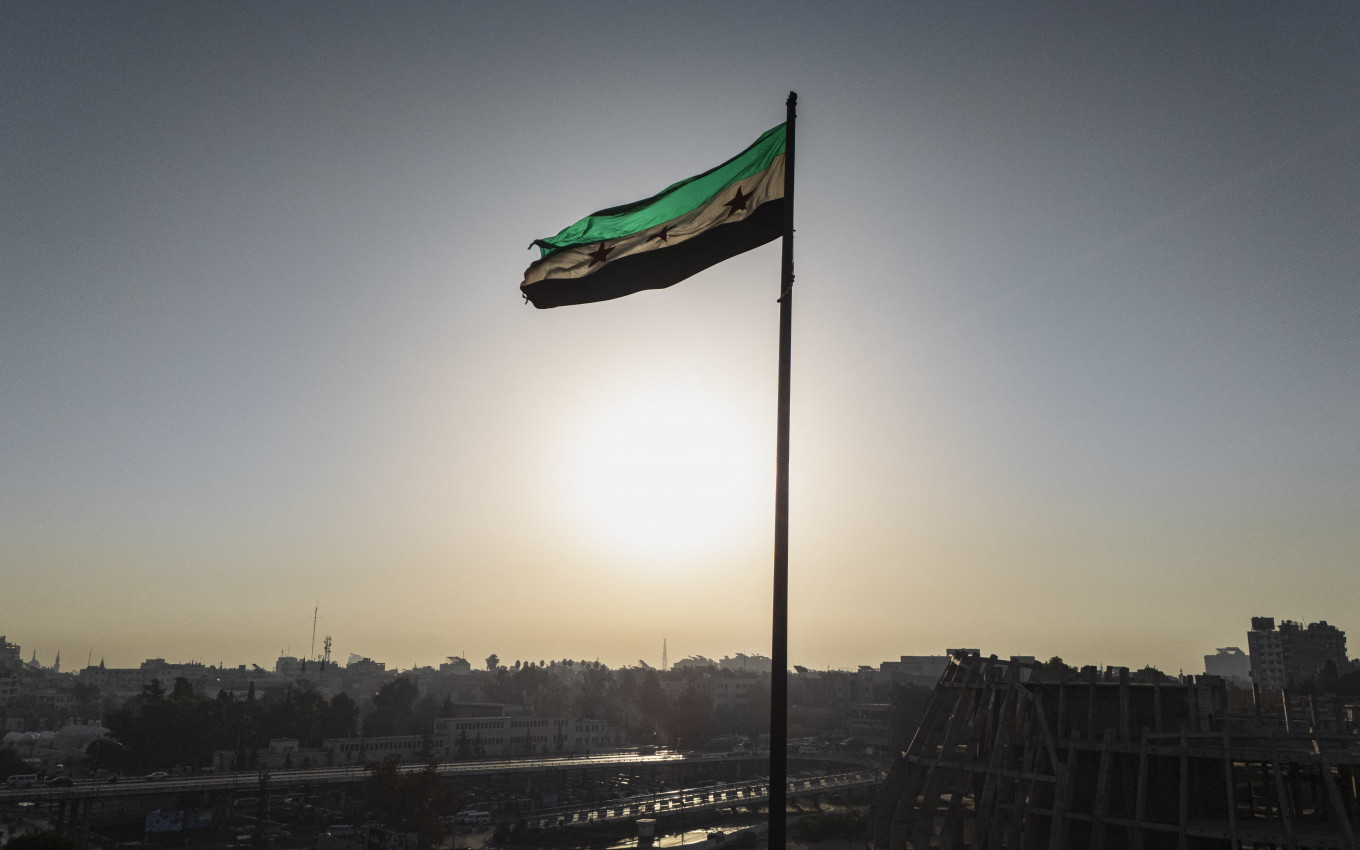Popular Reads
Top Results
Can't find what you're looking for?
View all search resultsPopular Reads
Top Results
Can't find what you're looking for?
View all search resultsSyrian democracy and religious moderation: A path forward
Under current conditions, the preferred option for Syria would be a secular democratic system with an embedded philosophy of religious moderation in social and political landscapes.
Change text size
Gift Premium Articles
to Anyone
T
he sudden fall of former Syrian president Bashar al-Assad has undoubtedly surprised most field experts and disappointed sympathizers to a degree that some have called it a betrayal. Meanwhile, the diverse opposing factions in Syria and beyond have recognized the possibility of bringing changes to Syria which could end the long unresolved political conflict and the subsequent war.
The opposition on the ground has been able to fill the vacuum by announcing the formation of a temporary technocrat government. However, it is worth considering which conditions are essential to maintaining the territorial integrity of Syria and establishing a system which would be acceptable to the majority of citizens in a country with a multicultural, multi-ethnic and multi-religious historical constitution. Under the current conditions, the preferred option for Syria would be a secular democratic system with an embedded philosophy of religious moderation in the social and political landscape to guarantee long-term non-sectarian peace.
It is critical that Syria is able to preserve its territorial sovereignty in conditions where the Israeli troops have advanced and stand 20 kilometers away from Damascus. As well, the Kurdish armed forces in the North are threatened by an expected Turkish invasion and might declare the northern part of Syria an autonomous or, in the worst case, a new independent Kurdish state. A key priority for building Syria from scratch, and an essential task for the temporary government and the new leadership, is to clarify its political, social and economic outlook. At the same time, it must pave the way for all political actors and factions to form a new constitution and political arena that all politically active players in Syria could accept.
Additionally, establishing a democratic system in Syria requires parallel elements based upon the Syrian reality and its characteristics. For instance, Syria has long been acquainted with nationalist ideology, which has been embedded during different phases of its history, shaping the Arab identity; Arab Awakening, Syrian nationalism and Arab nationalism have shaped the Middle East since the beginning of the 20th century.
Understandably, Ahmed al-Sharaa has announced that Syria has no intentions of waging war or threatening neighboring countries. However, Syria needs a national identity with a historical basis and an ideology which binds the people to one another, delivering a sense of mutual belonging to the nation. Such a national ideology should be based upon a democratic system, giving Syria a chance to form a new nationalism based not only on the Arab factor, but which also integrates minorities.
In the streets, Syrian people have been chanting slogans such as “One, one, one, the Syrian people one” and “We demand a Secular democratic Syria”, which are clear indications that most Syrians value nationalism and appreciate secularism.
A new national identity would give an opportunity to create a bonded Syrian identity without merely assimilating existing identities in a country with multi-racial and multi-ethnic diversities. Creating such a political landscape would allow Syria to establish a democratic political system embedded with a unique national ideology that could be presented as the Syrian way.



















